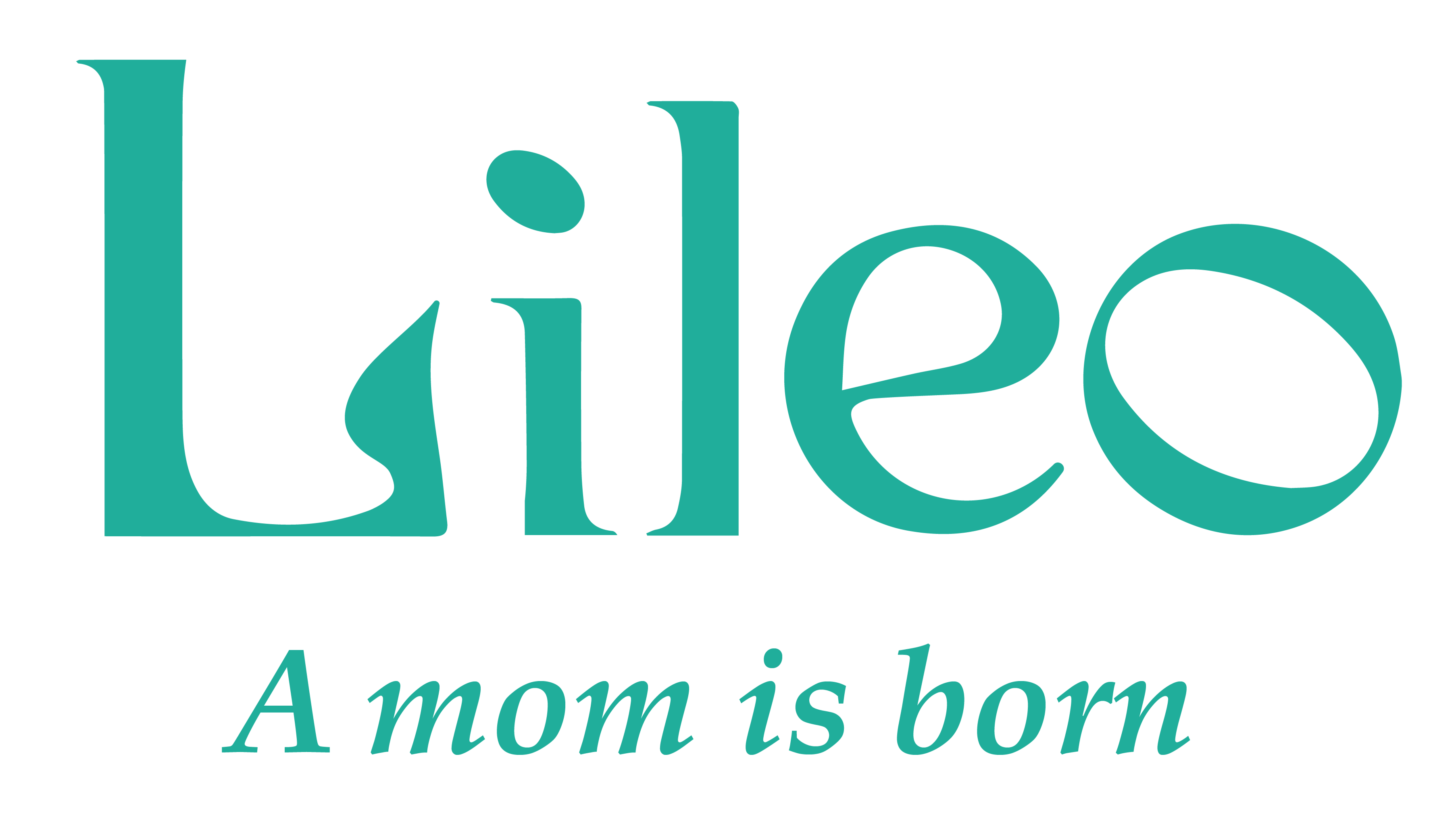Sick mum

When you’re ill and breastfeeding, it’s natural to wonder whether it’s safe to continue breastfeeding your baby. Fortunately, in most cases, it is not only safe but also beneficial to continue breastfeeding during illness. This article explores the benefits, the precautions to take and the specific situations in which it may be necessary to stop breastfeeding temporarily.
The benefits of continuing to breastfeed during illness
- Transfer of antibodies :
- When you are ill, your body produces antibodies to fight the infection. These antibodies are passed on to your baby through breast milk, boosting his immune system and helping to protect him against illness.
- Breast milk also contains antibacterial and antiviral agents that can help reduce the duration and severity of the illness in your baby.
- Maintaining lactation :
- Breast-feeding is essential for maintaining milk production, thus avoiding the problems of engorgement or a drop in lactation that can occur if breast-feeding is stopped abruptly.
- Comfort and hydration :
- For a sick baby, breast milk may be the only thing he’ll drink, offering both nutrition and comfort. It is also more easily digested than other foods, which is important if the baby has gastrointestinal problems.
Precautions to take
- Rigorous hygiene : wash your hands frequently with soap and water, especially before touching your baby and after coughing, sneezing or using the toilet.
- Specific precautions for certain illnesses: fever alone is not a reason to stop breastfeeding. However, it is important to identify the cause and consult a doctor if it persists.
Medication and breastfeeding
Compatibility of medicines :
- The vast majority of common medicines, such as paracetamol and ibuprofen, are compatible with breastfeeding. However, it is vital to consult a doctor before taking any medication while breast-feeding. You can also consult crat.fr. Doctors are not always aware of what is feasible and what is not, and most of them will tell you to stop breastfeeding.
- Avoid self-medication and prefer medicines specifically prescribed for their compatibility with breastfeeding.
Cases of stopping breast-feeding
- Serious illnesses and incompatible treatments :
- Certain conditions, such as treatment with chemotherapy, radiotherapy or certain serious infections such as the Ebola or Marburg virus, require temporary or permanent interruption of breastfeeding.
- In such cases, it is often recommended to express and discard milk to maintain production until breastfeeding can be safely resumed.
- HIV and HTLV-1 :
- Breastfeeding is generally contraindicated for HIV-positive mothers, unless they are on antiretroviral treatment and monitoring conditions are optimal. Refer to your infectiologist.
- HTLV-1 virus: in industrialised countries where treatment is available, this may be compatible with breastfeeding. Refer to your infectiologist and don’t forget that breast-feeding is possible under certain conditions!
Conclusion
Continuing to breastfeed when you are ill is recommended for the many immune and nutritional benefits it provides for your baby. By taking appropriate hygiene precautions and consulting your healthcare professional about any medication you are taking, you can ensure your baby’s safety and well-being while you recover.
Share

